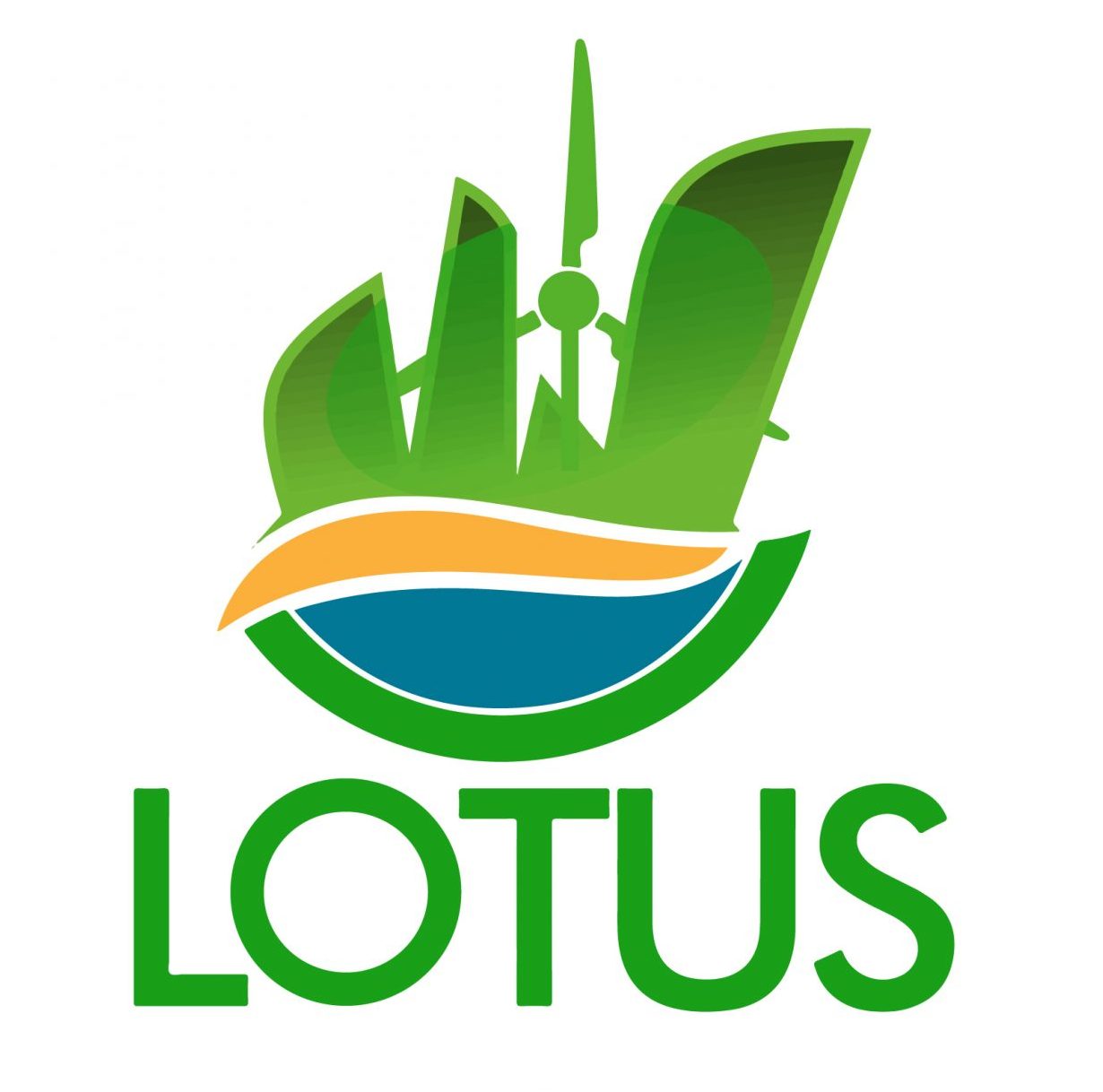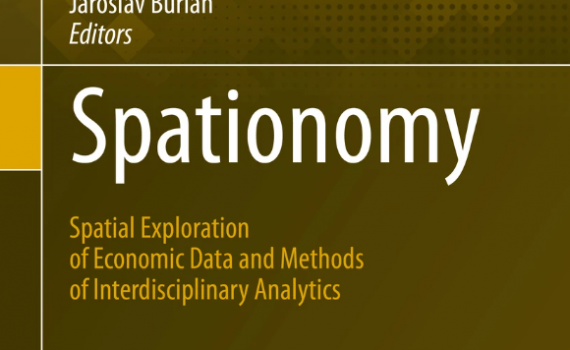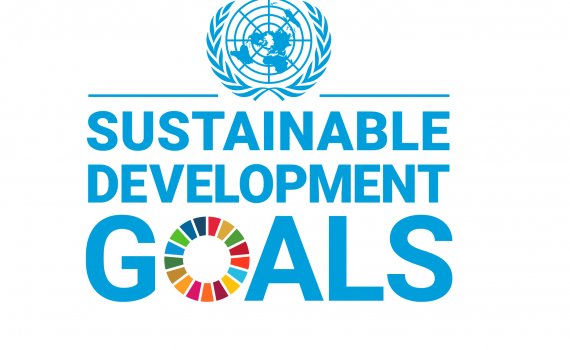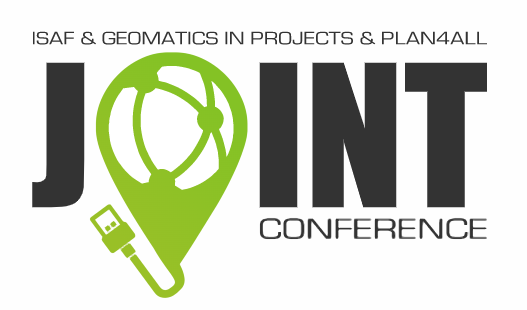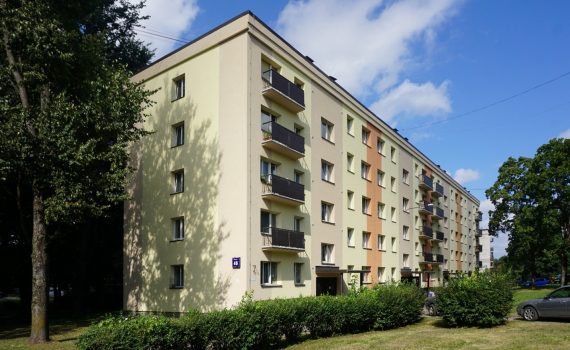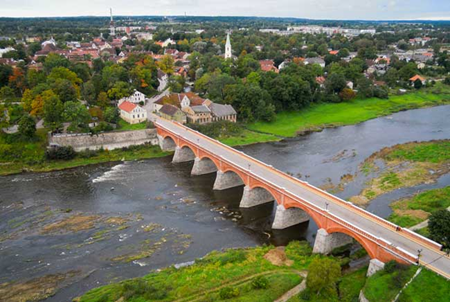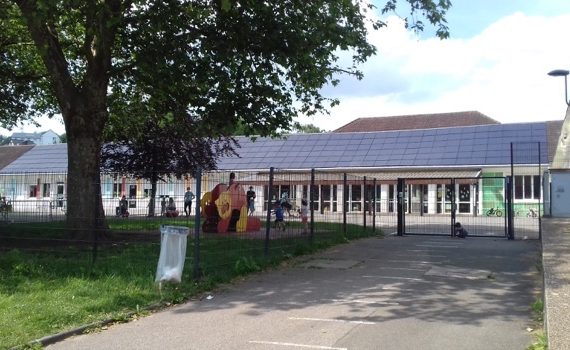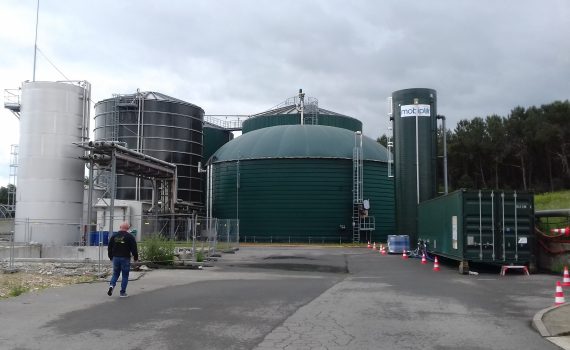The SPATIONOMY 2.0 project is aiming at designing games for exploring economic data using spatial data insights. Similarly to the LOTUS project, gamification is a crucial part for creating learning tools for students and other players. The SPATIONOMY 2.0 project aims to innovate the way of teaching about the distinct […]
Yearly Archives: 2022
The European Regional/Spatial Planning Charter (1983) defines spatial planning as “an interdisciplinary and comprehensive approach directed towards a balanced regional development and the physical organisation of space according to an overall strategy.” The current overall strategy is primarily given by international, national and other economic, social, cultural and ecological policies […]
The multiplier event of LUTUS will be organised in the frame of the annual JOINT conference organised by the University of West Bohemia and the Plan4all association in Pilsen. The conference is focused on projects related to spatial and urban planning, transport, rural development, environment and other topics. The main […]
“ENERGY TRANSITION AND REGIONAL PLANNING” The Departemental Local Authority and the Council for Architecture Urbanism and Environment (CAUE 27) of Eure (Normandy) are jointly organizing a symposium in the city of Evreux on October 17. Lotus intellectual material will be presented in the morning: – Lotus content and partners, – Energy transition […]
The case study of Riga, the capital of Latvia, illustrates a planned approach to improving the energy efficiency of the existing building stock. The most significant part of the city’s building stock in terms of numbers is the large-scale housing estates, a legacy of the Soviet era. In contrast, the […]
Kuldiga municipality (in Latvian – Kuldīgas novads) is located in the middle of a vast and very sparsely populated (12.6 people/km2) traditional agricultural and forestry region of Courland (in Latvian – Kurzeme) of Republic of Latvia (hereinafter – Latvia, population -1.89 million). The middle-size (population – 10,710 people) historical regional […]
In this case study, we explore the structuring and implementation of sustainability projects in Malaunay, as an overall top-down strategy, with an initial focus on energy savings and the reduction of energy bills. The scope of actions was gradually expanded to include environmental issues more generally. Malaunay is small a […]
This case study follows the implementation of projects in favour of local energy autonomy in Le Mené, which began as a bottom-up initiative and gradually transformed into a municipal self-sufficiency strategy. Le Mené is a small municipality of 6500 inhabitants, which is located in the Côtes d’Armor department, halfway between […]
On 28th July, the French Ministry of Ecological Transition and Territorial Cohesion created a Local Authorities’ working group as one of the contributors to the national “Energy saving plan” (Plan Sobriété Énergétique), which the government has been preparing since June 2022 as a response to the current geopolitical turmoil and […]
Local energy production and energy saving actions in Drôme department, as part of the “Biovallée” sustainability strategy, have provided the LOTUS project with insights on successful cooperation between local businesses and citizens. Securing access to energy through self-sufficiency is a central topic in the Drôme valley, as well as many […]
